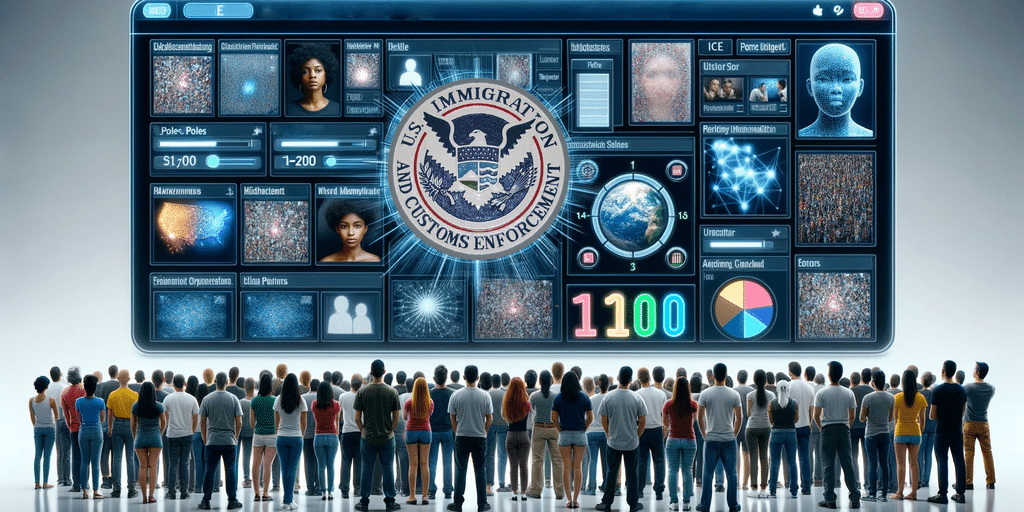Artificial intelligence (AI) is entering every sector, and that now includes border control. The US Immigration and Customs Enforcement (ICA) agency is using an AI-powered tool, Giant Oak Search Technology (GOST), to scan social media posts for content deemed “derogatory” to Americans.
The revelation, first reported by 404 Media, has sparked concerns about privacy and the ethical implications of such surveillance.
According to the classified documents, GOST helps the agency analyze social media posts and determine their risk to the United States. “The documents peel back the veil on a powerful system — in a technological and policy sense — for how information is processed and who is allowed to stay in the country and who isn't,” 404 reported.
The system ranks a person's social media results from one to 100 based on their relevance to the user's intended mission.
Social media reviews are nothing new. Published posts have previously been used to screen for potentially dangerous people. However, the line between national security and basic individual liberties can become even more blurred with these types of devices able to process data faster than humans.
Patrick Toomey, deputy director of the ACLU's National Security Project, expressed concern about the government's use of algorithms to filter social media posts. “The government should not use algorithms to analyze our social media posts and determine which of us are ‘dangerous',” he told 404. “And agencies certainly shouldn't be secretly buying this kind of black-box technology without accountability.”
The geopolitical importance of AI has grown exponentially this year. Beyond being used in political contests, AI is playing a major role in the Israeli-Palestinian conflict, with both sides using the technology to enhance their position or attack the other.
The public is very skeptical about AI, however, especially when it comes to personal privacy. According to Decrypt, a survey by the Pew Research Center found that 32% of Americans believe that AI will do more harm than good to job applicants and employees in hiring and evaluating employees. A Reuters poll over the summer found that most Americans see AI as a threat to humanity.
The broad implications of such technological advances are undeniable. While AI offers efficiency and accuracy, it also poses threats to individual privacy rights – a paradox common to many technological advances.
Stay on top of crypto news, get daily updates in your inbox.
